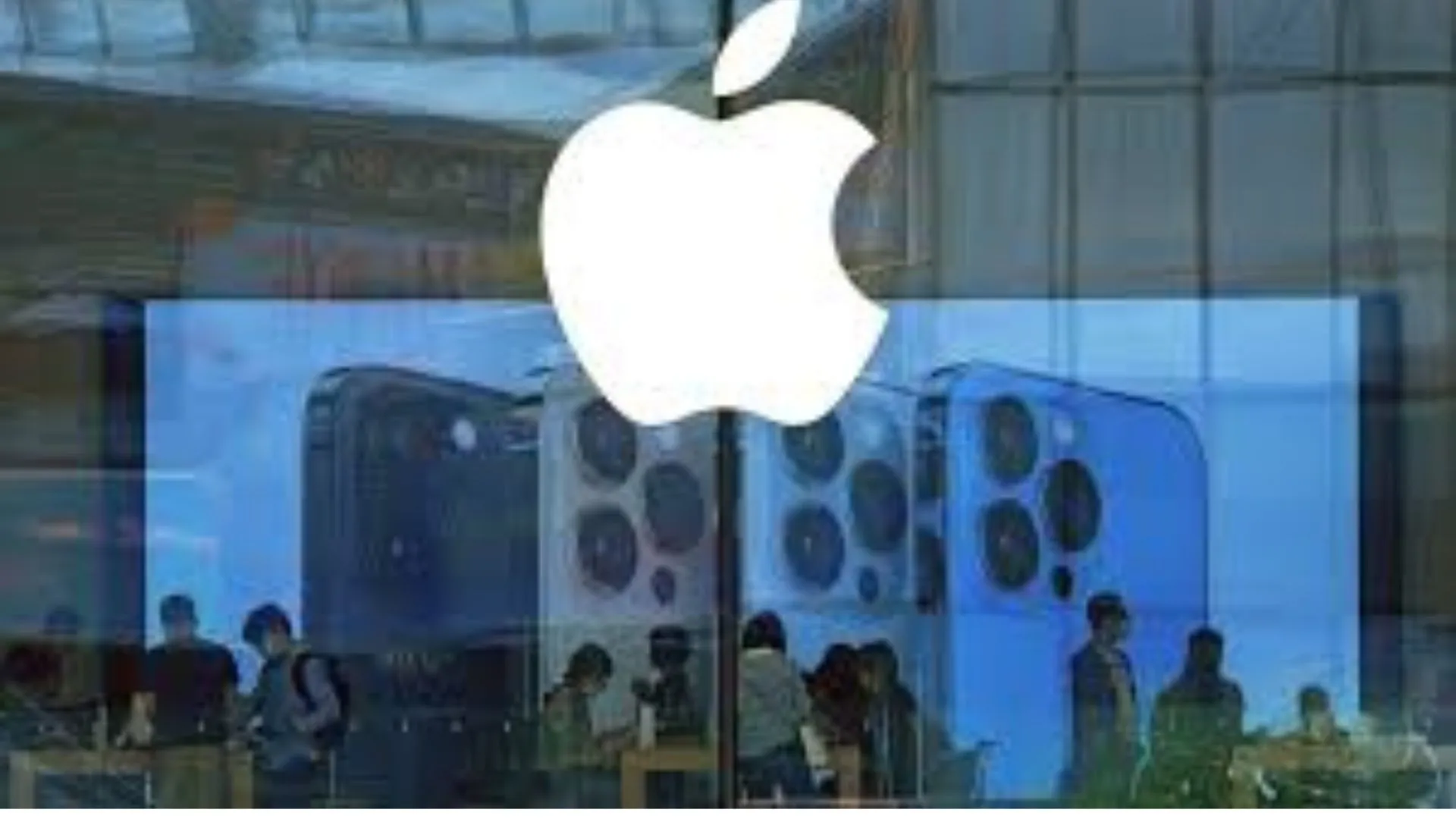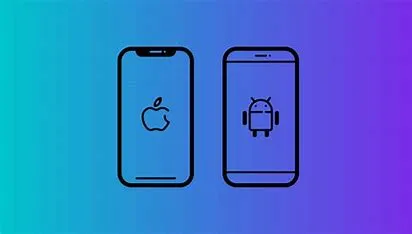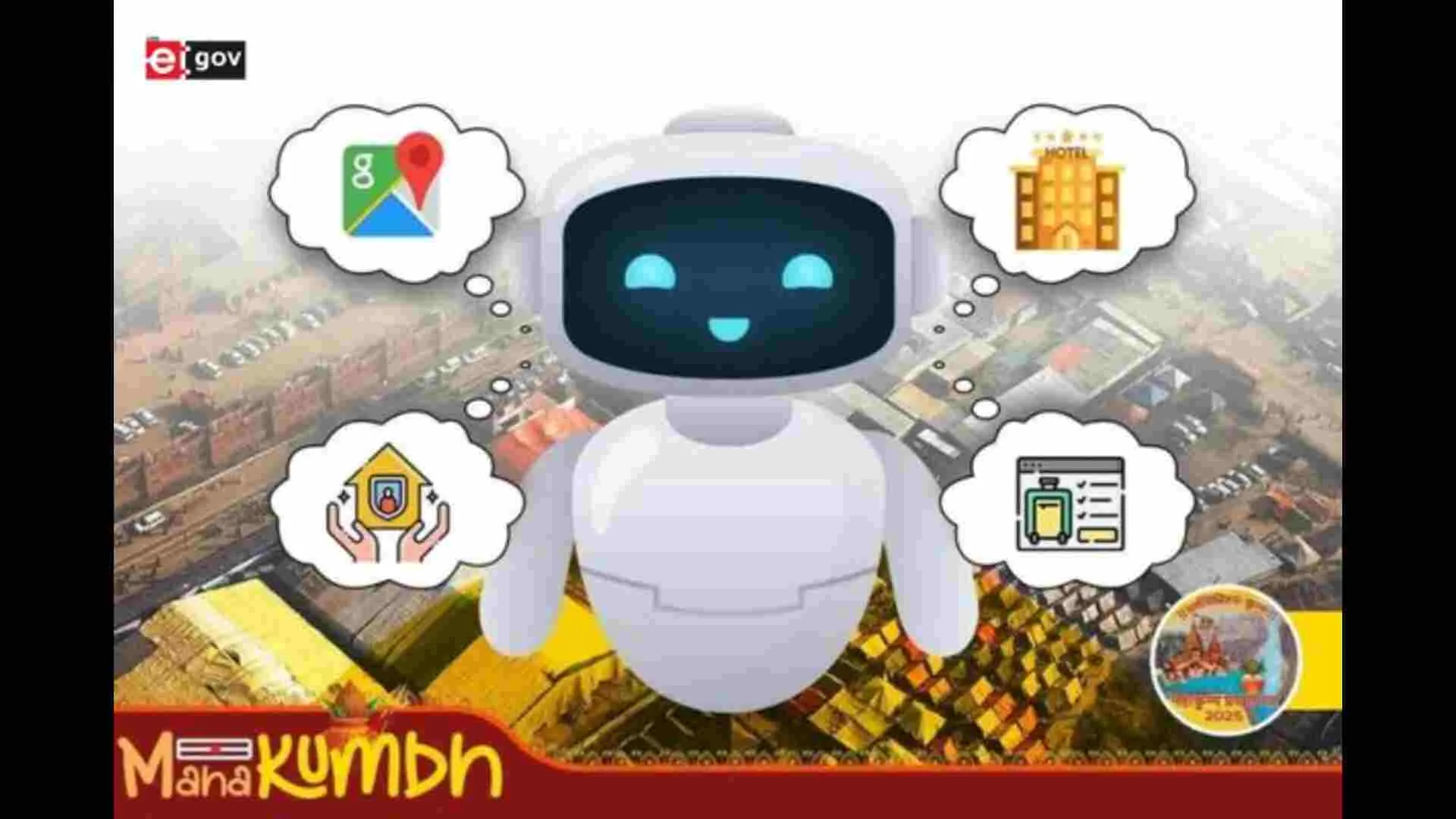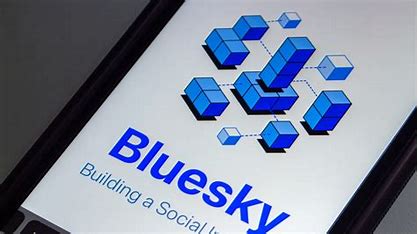Game-Fi, short for Game Finance, is an emerging concept that combines gaming and finance in a unique and innovative way. It brings together the immersive world of gaming and the principles of decentralized finance (DeFi) to create new opportunities and experiences for both gamers and investors.
The Fusion of Gaming and Decentralized Finance
Traditionally, players would spend hours immersed in virtual worlds, completing quests, and unlocking achievements in games. While these accomplishments provided personal satisfaction, they often had little to no tangible value outside of the game.
On the other hand, the world of decentralized finance has enabled the creation of cryptocurrencies, smart contracts, and various other financial tools that allow for secure and transparent transactions without relying on intermediaries.
Game-Fi aims to bridge the gap between these two seemingly unrelated domains by introducing blockchain technology and tokenization into gaming. By leveraging the power of blockchain, gaming assets can be transformed into digital tokens that hold real-world value. These tokens, known as Non-Fungible Tokens (NFTs), bring unique properties and ownership to in-game items, characters, and other virtual assets.
The Benefits for Gamers
One of the key advantages of Game-Fi is the ability for players to truly own their in-game assets. Unlike in traditional gaming, where assets are owned and controlled by the game developers, NFTs allow players to have full ownership and control over their virtual items. This ownership opens up possibilities for players to trade, sell, or even lend their assets to others, introducing a whole new dimension to the gaming experience.
Moreover, Game-Fi presents an opportunity for gamers to earn real-world income through their gameplay. By participating in decentralized gaming platforms, players can earn tokens or cryptocurrencies that hold tangible financial value. This incentivizes players to not only enjoy the gaming experience but also engage in the financial aspects of the ecosystem. Additionally, some Game-Fi platforms allow players to stake their tokens or participate in liquidity farming to earn passive income.
The Opportunities for Investors
On the investor side, Game-Fi presents an exhilarating avenue to generate potentially lucrative returns. As the popularity and adoption of Game-Fi continue to grow, the demand for NFTs and gaming assets is expected to increase, potentially driving up their value. This presents an enticing opportunity for investors looking to capitalize on the convergence of gaming and finance.
Investors can participate in Game-Fi by acquiring and holding gaming assets or by investing in Game-Fi projects through avenues like Initial Game Offerings (IGOs) or token sales. By acquiring gaming assets, investors can benefit from their potential appreciation in value as the gaming ecosystem expands and more players seek these assets. Additionally, by investing in Game-Fi projects, investors can gain exposure to the broader ecosystem and potentially reap significant returns if the projects succeed.
Necessary Caution for Investors
However, it is important to approach Game-Fi investments with caution and awareness of the risks involved. The volatility inherent in cryptocurrency markets can make Game-Fi investments particularly unpredictable. Prices of NFTs and gaming assets can experience significant fluctuations, which may result in both substantial gains and losses for investors. The nascent nature of Game-Fi projects adds an additional layer of risk, as not all projects may achieve their intended objectives or withstand the competitive landscape.
To mitigate these risks, both gamers and investors need to conduct thorough research before engaging with Game-Fi projects. Understanding the underlying technology, such as blockchain and smart contracts, is essential to grasp the potential long-term viability of a Game-Fi project. Assessing the credibility and security measures of the projects is equally crucial to minimize the chances of falling victim to scams or engaging with untrustworthy platforms.
Conclusion
For gamers, Game-Fi offers a revolutionary opportunity to truly own and monetize their in-game assets. No longer do players have to accept that their hard-earned virtual items hold no value outside of the gaming world. With NFTs and blockchain technology, gamers can now trade, sell, or even loan their valuable assets, unlocking new possibilities and empowering players in the virtual realm.
On the investor side, Game-Fi opens up a whole new landscape of investment opportunities. As the demand for NFTs and gaming assets continues to surge, early investors in Game-Fi projects stand a chance to reap significant financial rewards. However, it is important for investors to exercise caution and thoroughly research the projects they choose to invest in, as the nascent nature of the Game-Fi sector brings inherent risks.
It’s worth acknowledging that Game-Fi is not without its challenges. The volatility of the cryptocurrency market and the nascent stage of Game-Fi projects add an element of risk that investors and gamers alike must consider. Like any emerging field, there will be successes and failures. It is crucial to approach Game-Fi ventures with due diligence and a discerning eye.
Mr. Lokesh Rao, CEO & Co-founder, Trace Network Labs














